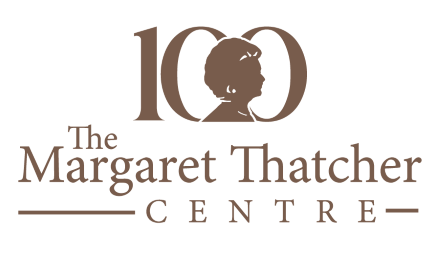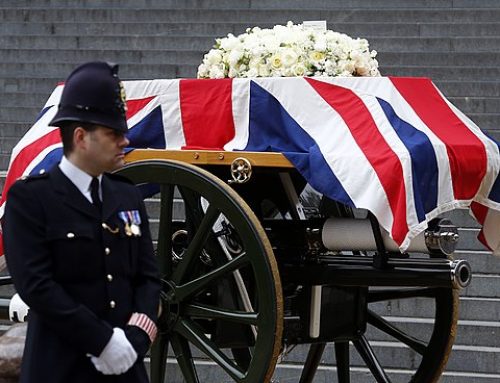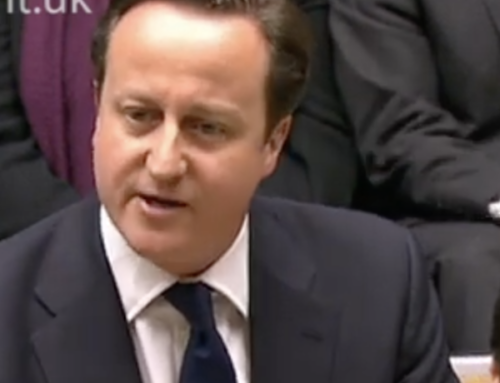Key Points:
-
Immigration:
-
Thatcher emphasized controlling future immigration to ensure fairness to existing residents, stating, “I have, over successive years, tried to control the number of future immigrants coming in.” She argued that unchecked immigration could strain resources and social cohesion, a stance that resonated with some voters but sparked controversy for its perceived divisiveness.
-
-
Opposition to Extremism:
-
Thatcher equated communism and the National Front as threats to individual liberty, saying, “Communism and the National Front both seek the domination of the state over the individual. They both, I believe crush the right of the individual.” She opposed banning such groups, arguing that open debate would expose their flaws: “We’ll beat them into the ground on argument.” Notably, she reframed the National Front as a left-wing entity due to its statist policies, like nationalization, challenging the narrative of it being right-wing.
-
-
Economic Policy and Incentives:
-
She critiqued restrictive labor practices and high taxation, arguing they stifled economic growth and innovation. Thatcher used the metaphor of “Local Boy Makes Good” to lament how successful entrepreneurs were “taxed out of existence,” advocating for incentives to foster enterprise. She also criticized the Labour government’s frequent budget changes under Denis Healey, calling quarterly budgets “absolutely disgraceful” and signaling her preference for stable, market-friendly policies.
-
-
Housing and Local Issues:
-
Thatcher discussed housing challenges, likely tailored to the Hornsey constituency, emphasizing practical solutions over ideological dogma. Her focus on local concerns alongside national issues demonstrated her ability to connect with constituents, a skill that would aid her 1979 election victory.
-
-
Defense and Foreign Policy:
-
The interview touched on the neutron bomb and European Community attitudes, reflecting Thatcher’s hawkish stance on defense and skepticism of European integration. These positions foreshadowed her Cold War alignment with the U.S. and her later Bruges speech (1988) opposing a centralized European superstate.
-
-
Preview of Thatcherism:
-
The interview encapsulates the core tenets of what would become Thatcherism: individual liberty, free markets, limited government, and a strong anti-communist stance. Her critique of statism (in both communism and the National Front) and emphasis on economic incentives laid the groundwork for her policies as Prime Minister, such as privatization and tax cuts. It is a valuable primary source for understanding her ideological evolution before 1979.
-
-
Strategic Political Positioning:
-
Thatcher’s comments on immigration and extremism were calculated to appeal to conservative voters while distancing herself from far-right groups such as the National Front, which was gaining traction in the late 1970s. By framing the National Front as left-wing, she cleverly disrupted its appeal to right-wing voters, reinforcing the Conservative Party as the true defender of individual freedom. Her refusal to ban extremist groups also positioned her as a champion of open debate, appealing to democratic principles.
-
-
Public Persona and Media Savvy:
-
The interview showcases Thatcher’s ability to blend high-level policy discussion with accessible language, a hallmark of her public persona. Her engagement with a local outlet such as the Hornsey Journal alongside MP Hugh Rossi highlights her grassroots campaigning strategy, building momentum for the 1979 election. The two-part format amplified her visibility, ensuring sustained coverage.
-
-
Historical Context and Controversy:
-
Conducted in 1978, the interview came at a time of economic stagnation, rising unemployment, and social tensions in the UK, including the “Winter of Discontent” (1978–79). Thatcher’s focus on immigration tapped into public anxieties, making her remarks both influential and divisive. The interview’s publication aligns with her broader media strategy to project strength and decisiveness, contrasting with the perceived weakness of James Callaghan’s Labour government.
-






Leave A Comment